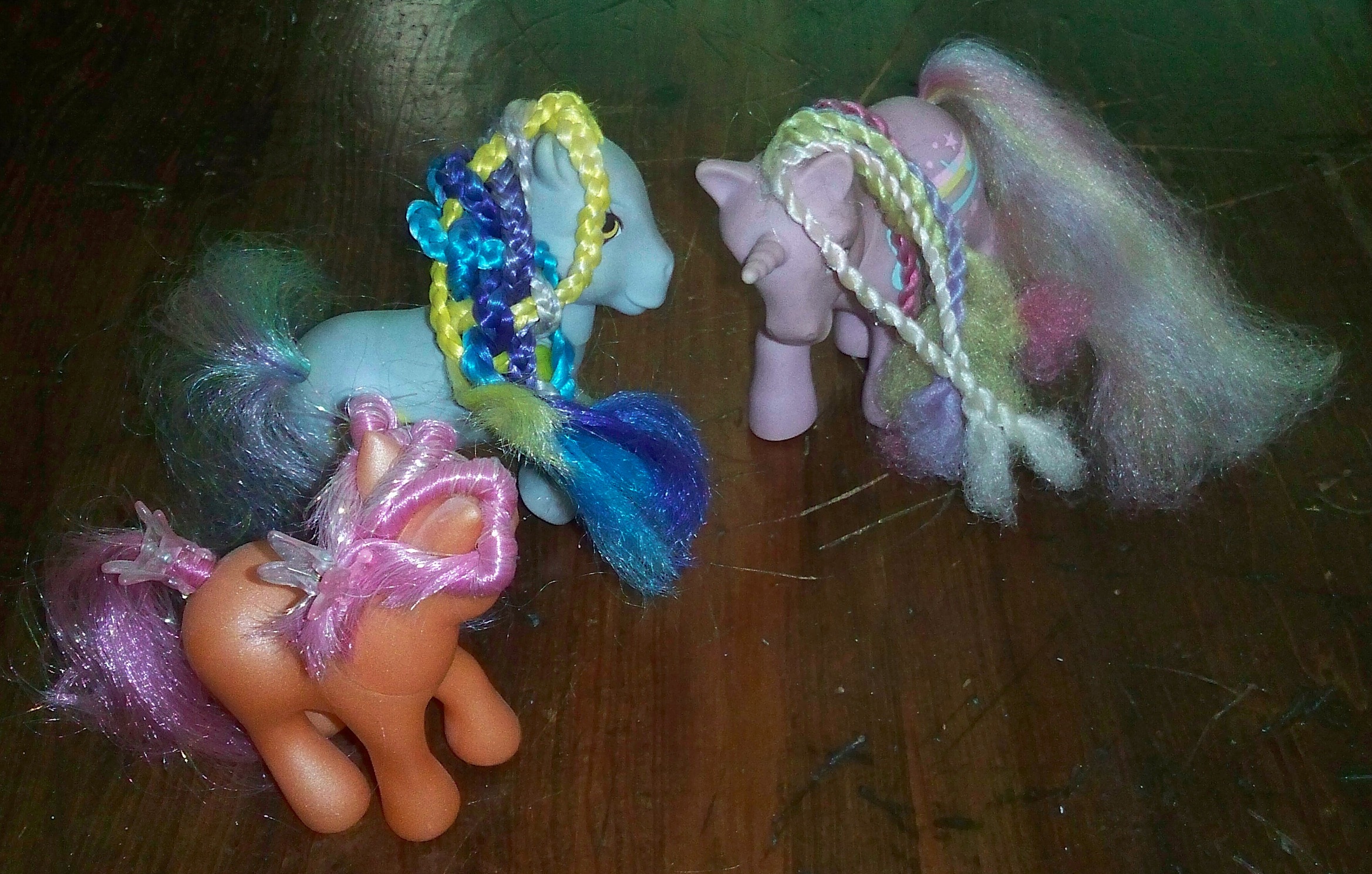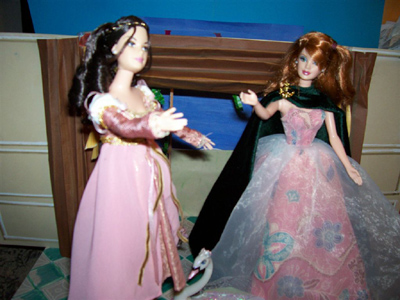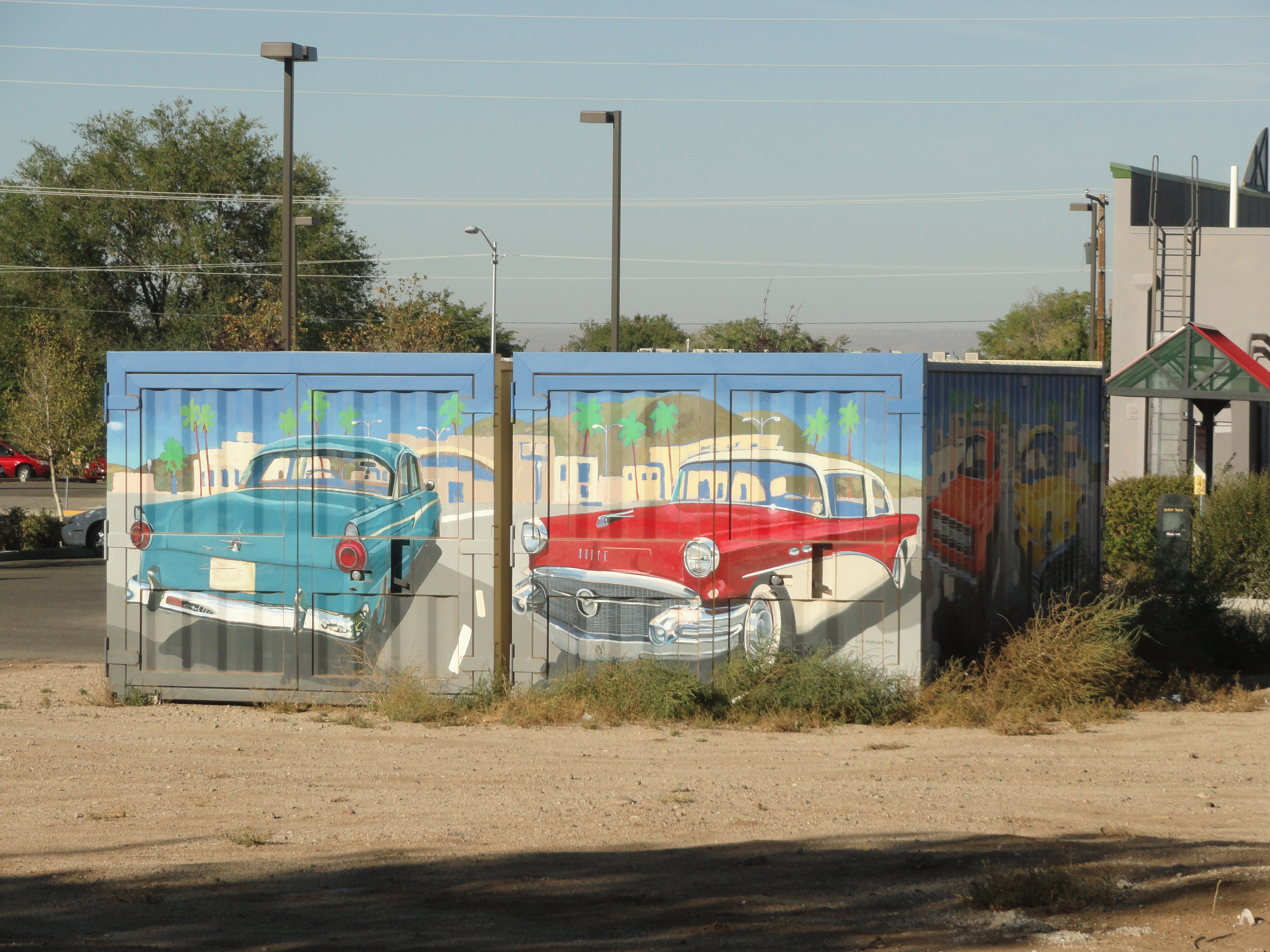You're like a docent in The Museum of Everything.
photo by Sandra Dodd
__





"Self regulate" means to make a rule and then follow it yourself. They're not self regulating. They're making choices. It's different. It's better!
One zen student said, "My teacher is the best. He can go days without eating."
The second said, "My teacher has so much self control, he can go days without sleep."
The third said, "My teacher is so wise that he eats when he's hungry and sleeps when he's tired."
My kids did that!
photo by Beth Lamb
___
By twelve I could identify every breed of dog and horse that I had ever seen or read about and tell you how it was developed, where, why, and by whom. I spent every weekend and every afternoon at a dog show/horse show/event/trial or just hanging around the stable or kennel. I asked thousands of questions and "got my hands dirty." Many of my friends were adults with the same passions. Training, breeding, grooming, showing, husbandry—all of these things I learned because I was consumed by them!
But, of course, dogs and horses are NOT school subjects—and are completely unimportant in the school world. What if I had waited for a teacher to come along and say, "Today we are learning all about dog and horses"? Not only would I have waited all my life, the teacher would only have given me a "taste" of the subject!
OH! And you *can't* make a living with dogs and horses—right?
Stage one is often referred to as DEschooling. It's the period of time we need to give ourselves in order to "step away from the box" of school and school-think. Ask yourself why and how you learned your passion: whether it was music, cooking, flying, gardening, or long-distance running. Or even more "academic-like" passions, like Shakespeare, chemistry, World War II, or a foreign language. When you are comfortable with how learning happens by indulging in passions and making connections in your learning, you are quickly heading towards stage two.

Sandra Dodd, response in 2000 to: Can anyone explain to me "unschooling"?
It's like "just say no."
Just say no to school years and school schedules and school expectations, school habits and fears and terminology. Just say no to separating the world into important and unimportant things, into separating knowledge into math, science, history and language arts, with music, art and "PE" set in their less important little places.
Most of unschooling has to happen inside the parents. They need to spend some time sorting out what is real from what is construct, and what occurs in nature from what only occurs in school (and then in the minds of those who were told school was real life, school was a kid's fulltime job, school was more important than anything, school would keep them from being ignorant, school would make them happy and rich and right).
It's what happens after all that school stuff is banished from your life.

photo by Jayn Coburn, years ago
| How will they learn to read? In school or out, every child learns to read in his own way, as he figures it out. Different people read different ways. Some are more visual, and some are sounding out letters, and some are reading groups of words. Reading is complex, but teaching rarely helps. Until a child's brain and body are mature in various mysterious ways so that he can process the visual information and connect it to the language inside him in a manner that completes the puzzle for him, he cannot read, whether he's in school or not. Some children are three, some are thirteen, but shame and pressure never help. |
Cambridge
breakfast
trailer
another
never

Don't miss this fun and easy opportunity to tie different "subjects" together by using a song as a jumping off place to many different discussions. If you need ideas, name a song here and see how many suggestions you can get for it!
2012:
What's above was written in 1993. Someone named "Blue Suede Shoes," thinking it wouldn't net much. I just wrote and wrote that day, and luckily I printed it out and saved it. The link below leads to my response, commentary and a video of Elvis doing another song, that leads to another song, and... you know.
